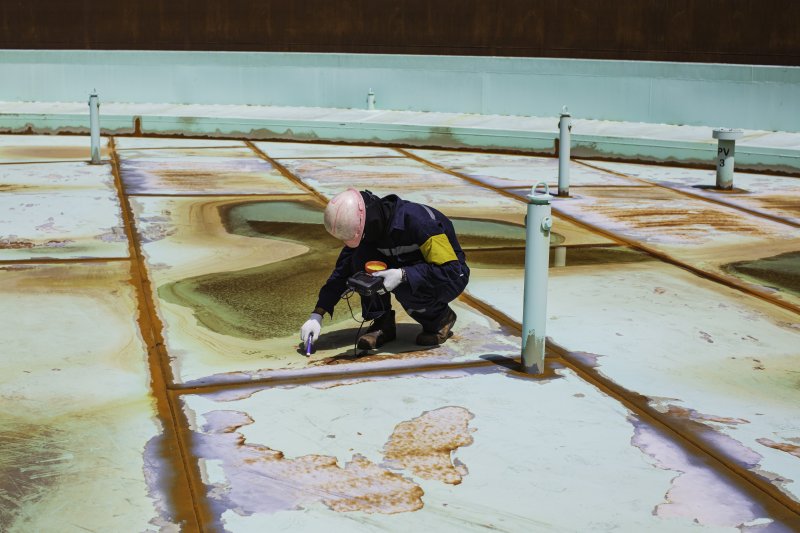How Long Does Epoxy Take to Dry? Factors Affecting the Drying Process and Tips
Epoxy resin is a popular material used in many industries because of its strong adhesion, durability and aesthetic results. However, one of the most frequently asked questions when using epoxy is: "How long does it take for epoxy to dry?" The answer to this question varies depending on the type of epoxy used, environmental conditions and application method. In this article, we look at the factors that affect the drying process of epoxy and how you can optimize this process.
What is Epoxy and How Does It Work?
Epoxy is made up of two main components:
1. Resin (A): It forms the basic structure of the epoxy.
2. Hardener (B): It initiates the chemical reaction and hardens the resin.
The chemical reaction that begins with the mixing of these two components allows the epoxy to transform from a liquid to a hard material. This process is called the drying time of the epoxy.
How Many Hours Does Epoxy Take to Dry?
The drying time of the epoxy can be several consists of the following stages:
1. Gel Time
- This is the period when the epoxy mixture begins to harden.
- This period usually varies between 30 minutes and 2 hours.
- At this stage, the epoxy can still be touched, but shaping becomes difficult.
2. Touchable Dry
- This is the stage when the epoxy surface dries and becomes touchable.
- For most epoxies, this period is 6-12 hours.
3. Full Curing Time
- This is the period when the chemical reaction of the epoxy is completely completed and the maximum strength is reached.
- This period is usually between 24-72 hours.
Factors Affecting Epoxy Drying Time
The drying time of the epoxy can be affected by various factors during application:
1. Epoxy Type
- Fast Drying Epoxy: It is usually used in smaller projects and has a shorter gelation time.
- Standard Epoxy: It dries slower but provides a stronger result.
2. Mixing Ratio
- The resin and hardener ratio must be adjusted correctly. Incorrect ratios can extend the drying time or prevent the chemical reaction.
3. Ambient Temperature
- The ideal epoxy application temperature is 20-25°C’. Lower temperatures can lengthen the cure time, while higher temperatures can speed up the gelation time.
4. Humidity Level
- High humidity can cause surface whitening (ammonia blushing) or an uneven cure time.
5. Application Thickness
- A thin layer of epoxy will cure faster. Thicker applications can speed up the reaction due to heat buildup, but may take longer for the entire surface to cure.
Tips for Optimizing Epoxy Curing Time
1. Use the Correct Mixing Ratio:
- Measure the resin and hardener ratio accurately according to the manufacturer’s instructions.
2. Check Ambient Conditions:
- Maintain ambient temperature and humidity levels within ideal ranges during application
3. Prefer Layered Applications:
- You can speed up the drying time by applying the epoxy in thin layers instead of a thick layer.
4. Provide Ventilation:
- Make sure that the area where the epoxy is drying is well ventilated.
5. Heat Use:
- If necessary, use a controlled You can speed up the drying process with a heat source (heat gun or heater).
Why is the Full Curing Time of Epoxy Important?
Epoxy may seem usable after it becomes touchable, but if it is used without waiting for the full curing time:
- Its durability may decrease.
- Scratches or deformations may occur on the surface.
- Long-term bonding strength may decrease because the chemical reaction is not complete.
For this reason, it is important to take the full hardening time into account, especially in areas such as floor coverings, tabletop applications or construction projects.
The drying time of epoxy varies depending on the type of material used, environmental conditions and application method. Gelation time is generally between 30 minutes and 2 hours, and full hardening time is between 24-72 hours. With the right mixing ratio, suitable environmental conditions and careful application, you can achieve both fast and durable results in your epoxy projects.
